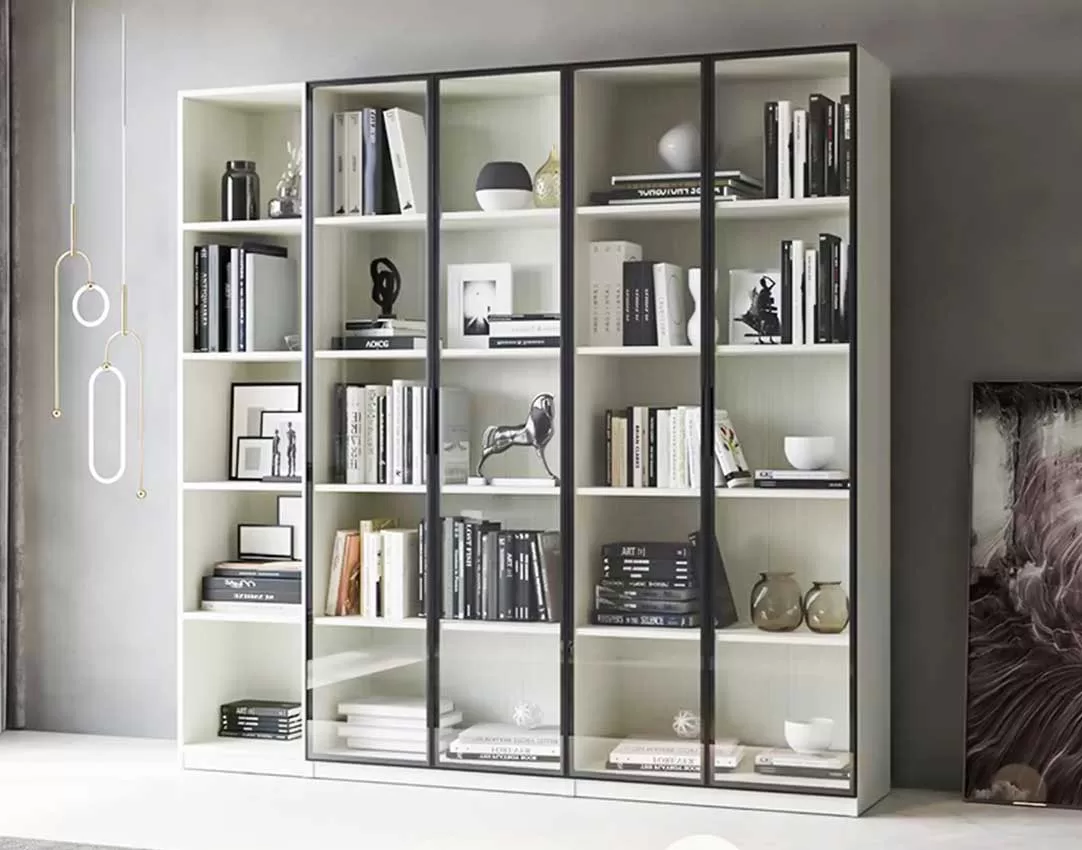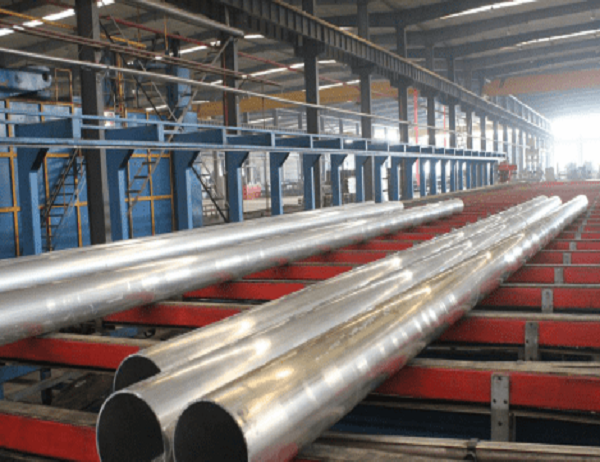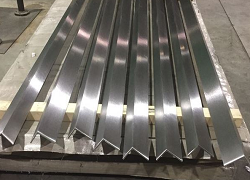Aluminum frames are widely used in solar panel systems due to their lightweight, durability, and corrosion resistance. However, even with aluminum’s inherent advantages, certain issues can arise that hinder optimal panel performance and longevity. Understanding and addressing these common problems is crucial for ensuring efficient and trouble-free solar installations.
Corrosion at Interfaces:
One prevalent issue is corrosion at the interfaces between the aluminum frame and other components, such as copper conductors or steel mounting brackets. This electrochemical reaction can lead to pitting and weakening of the aluminum frame, potentially compromising the panel’s structural integrity and electrical performance.
Mitigation: To prevent corrosion at interfaces, use compatible materials with similar electrochemical potentials. Use coatings or sealant to insulate the dissimilar metals and minimize galvanic interactions.
Anodization Issues:
Anodization is an electrochemical process that creates a protective oxide layer on the aluminum frame to enhance corrosion resistance. However, improper anodization can result in uneven coatings, porosity, or inadequate adhesion, reducing the frame’s protective capabilities.
Mitigation: Ensure the anodization process is conducted according to industry standards, using controlled parameters and high-quality chemicals. Inspect the anodized surface for uniformity and adhesion before installation.
Mechanical Damage:
During transportation, installation, or adverse weather conditions, aluminum frames can suffer from mechanical damage, such as dents, scratches, or bending. This can not only compromise the frame’s structural integrity but also create stress points that could propagate into cracks.
Mitigation: Handle the aluminum frames with care during transport and installation. Use protective materials when necessary. Regularly inspect the frames for any signs of damage and repair or replace them promptly.
Environmental Factors:
Aluminum frames can be adversely affected by extreme temperatures, UV radiation, and chemical exposure. These factors can accelerate corrosion and degrade the frame’s mechanical properties.
Mitigation: Choose aluminum frames with appropriate surface treatments or coatings that resist these environmental stressors. Provide shade or ventilation to minimize temperature fluctuations and UV exposure. Protect the frames from exposure to corrosive chemicals.
By addressing these common issues proactively, installers and homeowners can ensure that aluminum frames for solar panels remain reliable and perform optimally throughout their service life.



